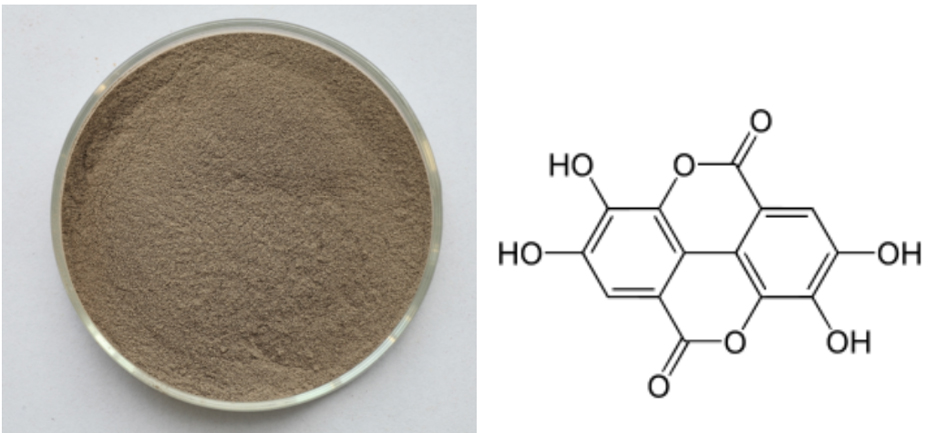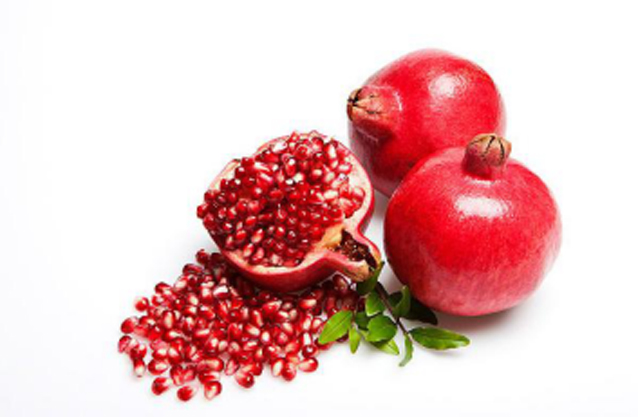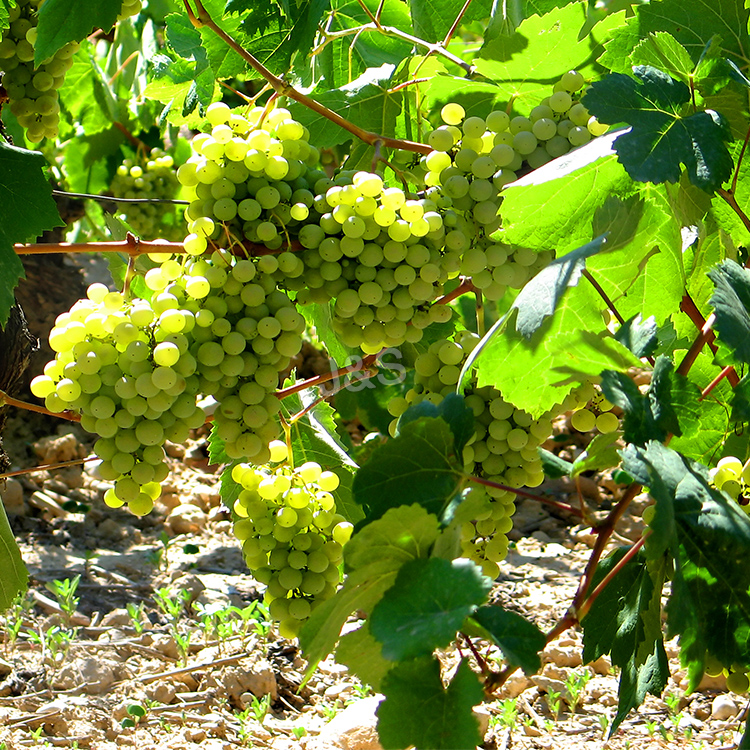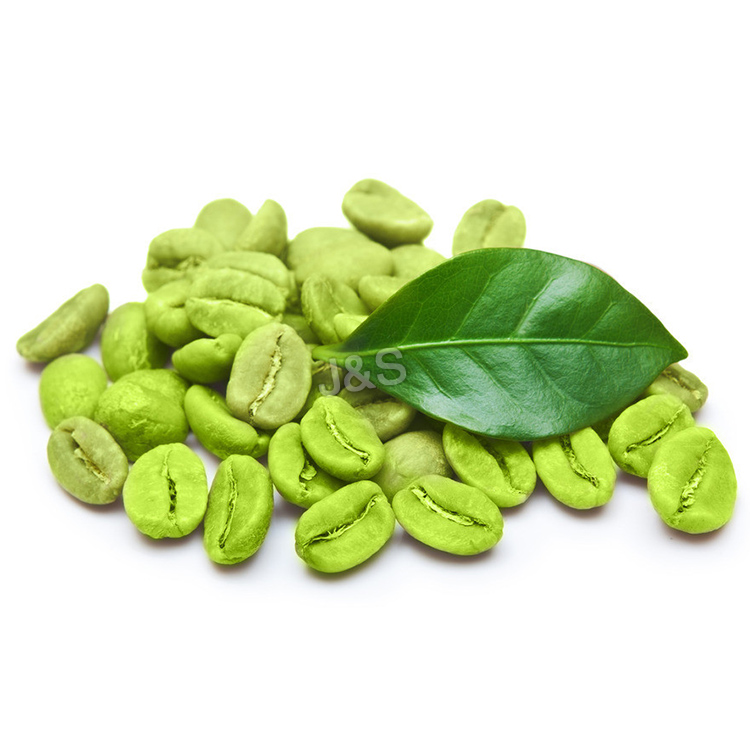OEM/ODM Supplier for Pomegranate seed extract Factory in Islamabad
OEM/ODM Supplier for Pomegranate seed extract Factory in Islamabad Detail:
[Latin Name] Punica granatum L
[Plant Source] from China
[Specifications]Ellagic acid≥40%
[Appearance] Brown Fine Powder
Plant Part Used:Seed
[Particle size] 80 Mesh
[Loss on drying] ≤5.0%
[Heavy Metal] ≤10PPM
[Storage] Store in cool & dry area, keep away from the direct light and heat.
[Shelf life] 24 Months
[Package] Packed in paper-drums and two plastic-bags inside.
[Net weight] 25kgs/drum
Introduction
Pomegranate, (Punica granatum L in Latin), belongs to the family Punicaceae which includes only one genus and two species. The tree is native from Iran to the Himalayas in northern India and has been cultivated since ancient times throughout the Mediterranean region of Asia, Africa and Europe.
Pomegranate offers abundant benefits for the cardiovascular system by preventing damage to arterial walls, promoting healthy blood pressure levels, improving blood flow to the heart, and preventing or reversing atherosclerosis.
Pomegranate may benefit people with diabetes and those at risk for the disease. It helps lower after-meal blood sugar levels and protects the cardiovascular system from diabetes-induced damage.
Pomegranate shows promise in killing prostate cancer cells, whether the cells are hormone-sensitive or not. Pomegranate also helped halt the progression of prostate cancer in men who had undergone surgery or radiation for the disease.
Pomegranate may fight the degeneration of joint tissue that leads to painful osteoarthritis, and may protect the brain against oxidative stress-induced changes that can lead to Alzheimer’s. Pomegranate extracts—alone or in combination with the herb gotu kola—help kill the bacteria that contribute to dental plaque, while helping to heal gum disease. Pomegranate also appears to protect the health of the skin and liver.
Function
1.Anti-cancer of rectum and colon, esophageal carcinoma,liver cancer,lung cancer,carcinoma of tongue and skin.
2.Restrain to human immunodeficiency virus(HIV) and many kinds of microbe and virus.
3.Anti-oxidant, coagulant, descenting blood pressure and sedation.
4.Resist to anti-oxidance, senescence inhibition and skin whitening
5.Treat kinds of symptoms caused by high blood sugar, hypertension.
6.Resist to atherosclerosis and tumour.
Application
Pomegranate P.E. can be made into capsules, troche and granule as healthy food. Besides, it has good solubility in water plus the solution transparence and brilliance color, has been widely added into the beverage as the functional content.
Product detail pictures:

Related Product Guide:
Having a positive and progressive attitude to customer's fascination, our organization constantly improves our solution high-quality to fulfill the requirements of shoppers and further focuses on safety, reliability, environmental prerequisites, and innovation of OEM/ODM Supplier for Pomegranate seed extract Factory in Islamabad , The product will supply to all over the world, such as: Bulgaria, Buenos Aires, UAE, With the support of our highly experienced professionals, we manufacture and supply best quality products. These are quality tested at various occasions to ensure only flawless range is delivered to customers, we also customize the array as per the need of customers to meet the requirement of customers.
Make sure to SUBSCRIBE AND LIKE for more videos! Thank you for watching! xoxo
In this video, I talk about the benefits of Tumeric for Acne, Folliculitis, Inflammation and Infections.
Follow me here:
I N S T A G R A M: Menaka Sachi
F A C E B O O K: Menaka Sachi
T W I T T E R: Menaka Sachi
S N A P C H A T: Menasach
Tumeric with Milk Recipe:
1 cup of almond milk
1 tsp of tumeric powder
1 tsp of vanilla extract
1 tbsp of maple syrup
Heat the milk on the stove top, add all the ingredients into the milk and heat it up until everything is mixed evenly and pour it in a cup and enjoy! xoxo
For more information click the link below:
https://www.healthyxx.com/?s=hersolution
Click Here: https://www.hersolution.com/ct/228006 to buy HerSolution at Best Prices
HerSolution
Her Solution
hersolution reviews
hersolution reviews
hersolution dosage
hersolution benefits
hersolution side effects
buy hersolution
is hersolution safe
hersolution review
hersolution ratings
the hersolution
where can i buy hersolution
where to buy hersolution
hersolution where to buy
best hersolution
where can you buy hersolution
what is hersolution good for
hersolution supplement
what is hersolution
reviews hersolution
who sells hersolution
where can i purchase hersolution
hersolution buy
purchase hersolution
where to find hersolution
hersolution wikipedia
reviews of hersolution
where can i find hersolution
where to purchase hersolution
review hersolution
reviews for hersolution
does hersolution work
where can i get hersolution
side effects of hersolution
order hersolution
where to get hersolution
hersolution information
hersolution purchase
where do you buy hersolution
about hersolution
does hersolution really work
hersolution consumer reviews
how does hersolution work
where can you purchase hersolution
hersolution where can i buy
what is hersolution used for
where can you get hersolution
buying hersolution
review of hersolution
benefits of hersolution
hersolution cheap
best price for hersolution
side effects hersolution
hersolution video
hersolution where can i buy it
where can you find hersolution
hersolution side effects and benefits
where to buy hersolution in stores
who should not take hersolution
where is hersolution sold
how much is hersolution
best price on hersolution
hersolution
hersolution gel
hersolution review
hersolution reviews
her solution
hersolution scam
hersolution gel review
hersolution gel reviews
hersolution in stores
does hersolution work
buy hersolution
hersolution side effects
hersolution canada
hersolution australia
hersolution uk
hersolution usa
hersolution pills
hersolution gel side effects
does hersolution gel work
hersolution south africa
hersolution free trial
hersolution gel free trial
hersolution gel female enhancement
her solution where to buy
female enhancement
hersolutions
her solutions
her solution pills
hersolution for free
hersolution gel scam
Click Here: https://www.hersolution.com/ct/228006 to buy HerSolution at Best Prices
The factory workers have rich industry knowledge and operational experience, we learned a lot in working with them,we are extremely grateful that we can encount a good company has excellent wokers.






